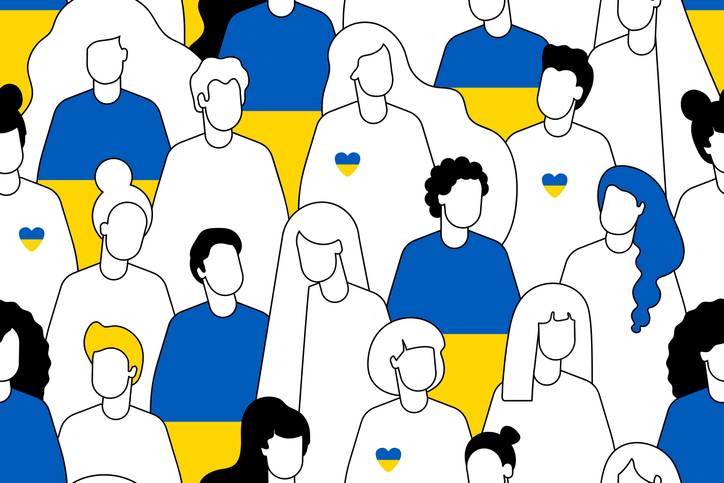
Last month, the Ministry of Education and Science of Ukraine, in cooperation with the European Union and the Council of Europe, organized a round table event focusing on minority languages. The session, attended by over 130 representatives from schools, educational institutions, national minorities, and embassies, focused on presenting and discussing the “Road Map for Creating Conditions for Improving the Quality of Education in the State Language and Indigenous Peoples’ Languages in General Secondary Education Institutions of Ukraine for 2023–2027.”
The road map outlines measures to enhance language education for Indigenous peoples and national minorities in the school system. The deputy minister of education, Yevhen Kudryavets, emphasized the importance of equal access and quality education for all Ukrainian children, with a commitment to involving national minority representatives in consultations.
Erlend Falch, deputy head of the Council of Europe Office in Kyiv, highlighted the council’s ongoing commitment to minority protection, emphasizing human rights and cooperation. Discussions among teachers and minority representatives centered on the need for quality bilingual education, teacher training, and the creation of educational materials. Participants stressed involving civil society in legislative changes and monitoring implementation.
The Council of Europe reiterated its support for Ukraine’s efforts, pledging ongoing assistance and expertise and fostering dialogue among diverse sectors of society.
The event was supported by the joint European Union and Council of Europe project Supporting the Implementation of European Standards on Combating Discrimination and the Rights of National Minorities in Ukraine, in close partnership with the Ministry of Education and Science of Ukraine.
Ukraine joined the Council of Europe in 1995. The Council of Europe was founded in 1949 to promote human rights, democracy, and the rule of law on the continent. It has 46 member states (compared to the European Union’s 27) with a combined population of approximately 675 million.
The Council of Europe cannot make laws, but it does have the ability to push for the enforcement of select international agreements reached by member states on various topics. The best-known body of the Council of Europe is the European Court of Human Rights, which functions on the basis of the European Convention on Human Rights.
The Council of Europe played a pioneering role in the struggle for the abolition of the death penalty, which it regards as “having no place in democratic societies.” No executions have been carried out in any of the organization’s 46 member states since 1997.
Following the decision of the Committee of Ministers on March 16, 2022, the Russian Federation is no longer a member of the Council of Europe.






